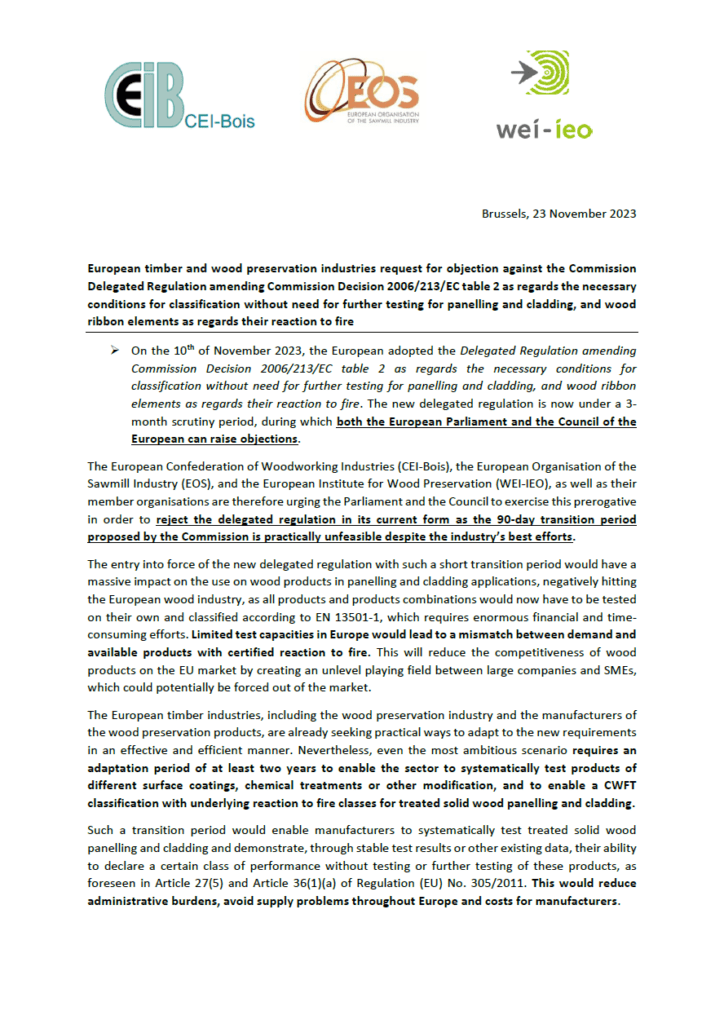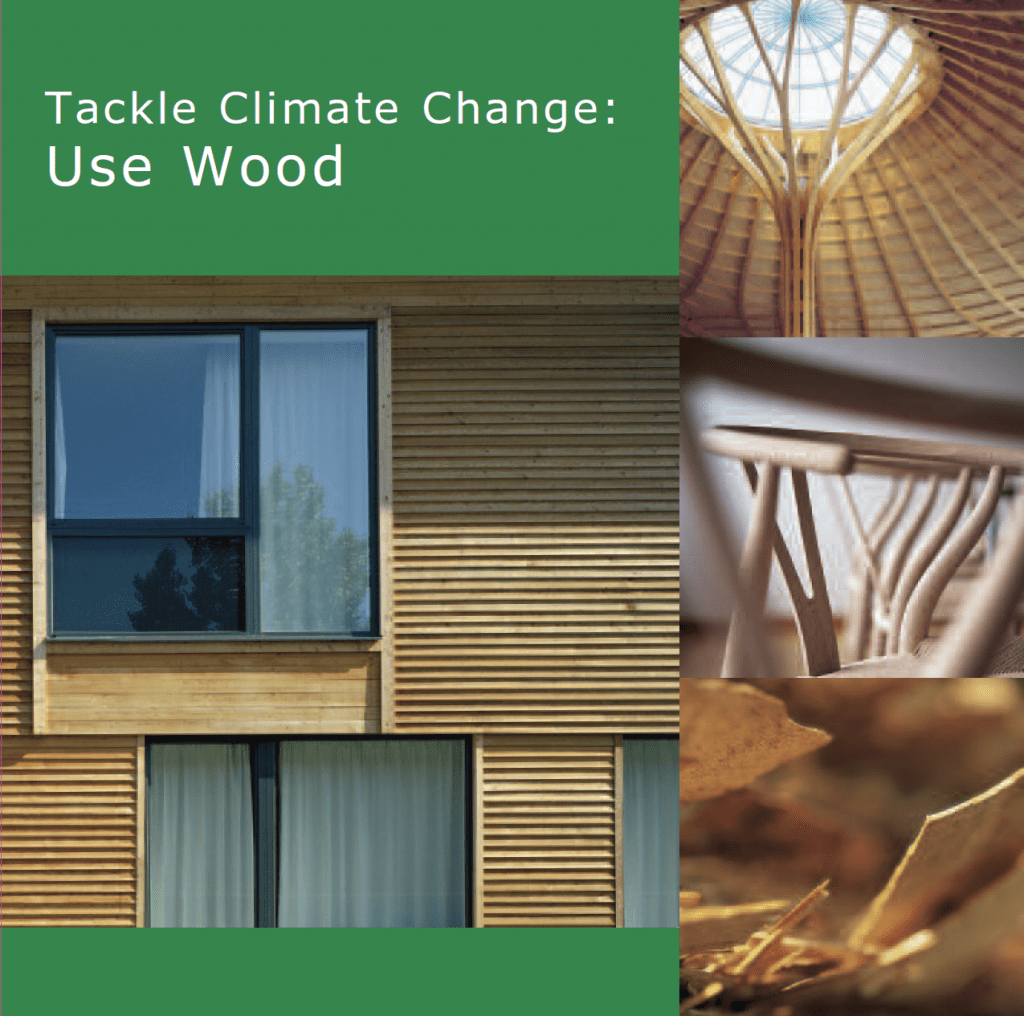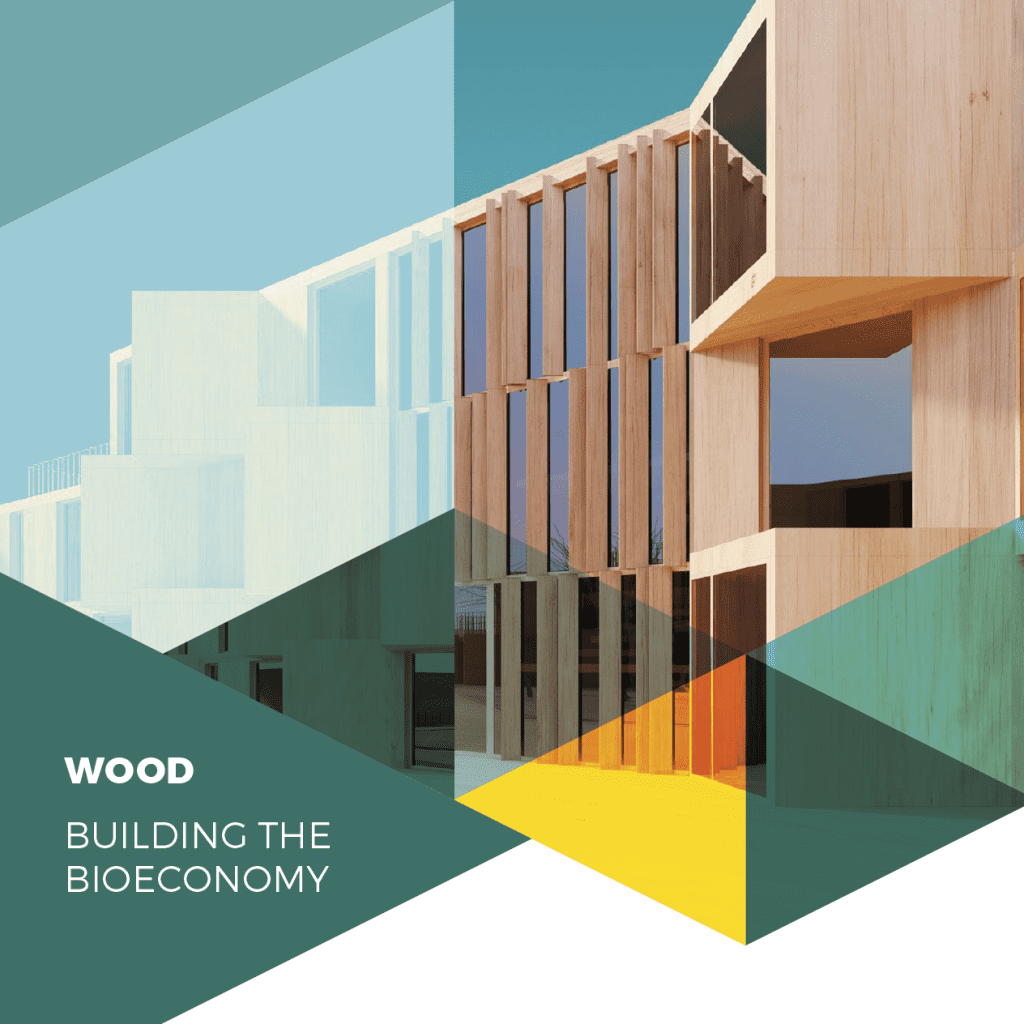European timber and wood preservation industries request for objection against the Commission Delegated Regulation amending Commission Decision 2006/213/EC table 2 as regards the necessary conditions for classification without need for further testing for panelling and cladding, and wood ribbon elements as regards their reaction to fire
Download and read this document as a PDF-file

- On the 10th of November 2023, the European adopted the Delegated Regulation amending Commission Decision 2006/213/EC table 2 as regards the necessary conditions for classification without need for further testing for panelling and cladding, and wood ribbon elements as regards their reaction to fire. The new delegated regulation is now under a 3-month scrutiny period, during which both the European Parliament and the Council of the European can raise objections.
The European Confederation of Woodworking Industries (CEI-Bois), the European Organisation of the Sawmill Industry (EOS), and the European Institute for Wood Preservation (WEI-IEO), as well as their member organisations are therefore urging the Parliament and the Council to exercise this prerogative in order to reject the delegated regulation in its current form as the 90-day transition period proposed by the Commission is practically unfeasible despite the industry’s best efforts.
The entry into force of the new delegated regulation with such a short transition period would have a massive impact on the use on wood products in panelling and cladding applications, negatively hitting the European wood industry, as all products and products combinations would now have to be tested on their own and classified according to EN 13501-1, which requires enormous financial and time-consuming efforts. Limited test capacities in Europe would lead to a mismatch between demand and available products with certified reaction to fire. This will reduce the competitiveness of wood products on the EU market by creating an unlevel playing field between large companies and SMEs, which could potentially be forced out of the market.
The European timber industries, including the wood preservation industry and the manufacturers of the wood preservation products, are already seeking practical ways to adapt to the new requirements in an effective and efficient manner. Nevertheless, even the most ambitious scenario requires an adaptation period of at least two years to enable the sector to systematically test products of different surface coatings, chemical treatments or other modification, and to enable a CWFT classification with underlying reaction to fire classes for treated solid wood panelling and cladding.
Such a transition period would enable manufacturers to systematically test treated solid wood panelling and cladding and demonstrate, through stable test results or other existing data, their ability to declare a certain class of performance without testing or further testing of these products, as foreseen in Article 27(5) and Article 36(1)(a) of Regulation (EU) No. 305/2011. This would reduce administrative burdens, avoid supply problems throughout Europe and costs for manufacturers.
Thanking you for considering our request regarding this crucial matter for the European timber sector, our experts are available for further clarifications.
CEI-Bois – The European Confederation of Woodworking Industries – Transparency register n° 470333818389-37
EOS – European Organisation of the Sawmill Industry – Transparency register n° 024776016336-52
WEI-IEO – European Institute for Wood Preservation – Transparency register n° 81739087951-41

